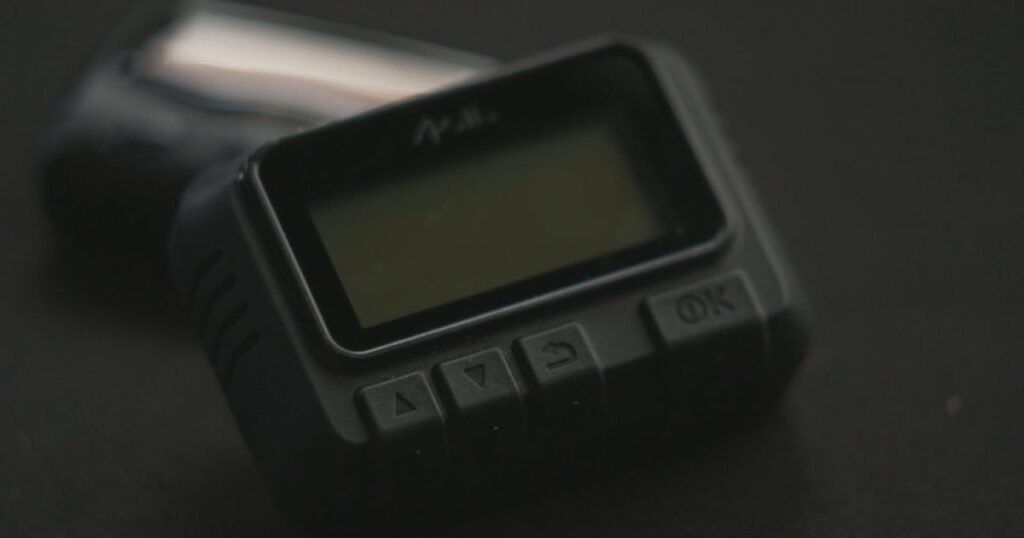Retired Israeli case agents behind Mossad's boobytrapped pagers and walkie-talkies in Lebanon explain how they got Hezbollah to buy the devices and the plots' impact on the Middle East.
according to Michael, Hezbollah bought more than 16,000 of the exploding devices, some of which were eventually used against them on Sept. 18.
“They got a good price,” Michael said.
The price couldn’t be too low because Israel didn’t want Hezbollah to be suspicious. Mossad also needed to hide its identity as the seller and ensure the walkie-talkies couldn’t be traced back to Israel. So they set up shell companies to infiltrate the supply chain.
“We create a pretend world. We are a global production company: We write the screenplay, we’re the directors, we’re the producers, we’re the main actors,” Michael said. “And the world is our stage.”
Latest
-
Wegman uses biometric surveillance on shoppers, raising privacy concerns
-
UK ordered agents to find UFO tech in bombshell 1990s secret files shocker | New York Post
-
Private equity barons target savers in hunt for ‘the perfect bailout’
-
Giant structure discovered deep beneath Bermuda is unlike anything else on Earth | Live Science

